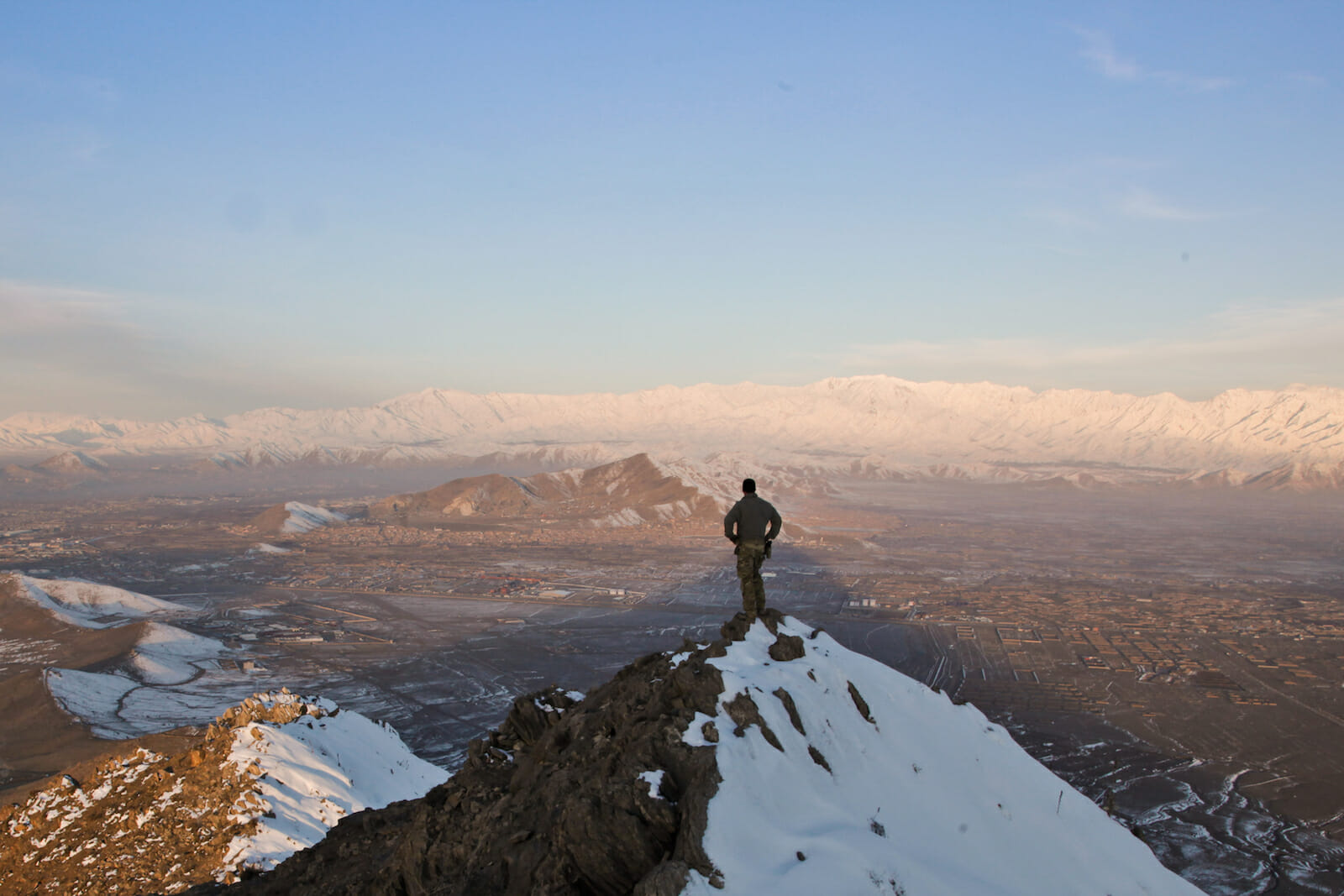
On Trump, Afghanistan, and the Plunder Doctrine
Plunder. It’s a word typically reserved for the likes of pirates, but it seems somehow appropriate when used next to the name Donald Trump. Perhaps it’s his shoot-from-the-hip style. Trump’s military doctrine could easily be compared to that of many fictional pirates: Use what you’ve got to get what you want.
In Afghanistan, a country the United States has been at war with for 16 years, Trump wants natural resources. You might not hear about it on the news, but Trump’s approach to this, the USA’s longest war ever, no longer involves security interests for our country. We can talk about wanting to rid Afghanistan of the Taliban, but a big reason we’re there is precious minerals.
No Exit Strategy
When the United States was locked in the bloody Vietnam War during the late 1960s, the average number of friendly casualties per week was 400. Americans were furious and emotionally exhausted. Our leadership had failed because we had committed to a conflict with no defined resolution. The result was a protracted engagement and unnecessary loss of life.
In the decade and a half we’ve spent fighting Afghan insurgents, more than 2,400 American servicemen and women have lost their lives. The cost of the conflict has exceeded $117 billion. With insurgent activity in remission and local forces now fully trained, thanks to instruction from the American military, it seems like the perfect time to leave. But Trump wants to send more troops. Why?
High-Priced Rocks
Much like the Iraqi oil Trump suggested we should help ourselves to shortly after taking office, natural resources are the driving force behind sending more troops to Afghanistan. But in Afghanistan, those resources are minerals, not oil.
In 2010, it was estimated untapped mineral deposits in Afghanistan could be worth up to $1 trillion. That number has been widely disputed and is considered an overstatement now. Trump, however, still seems enamored with the potential to accrue wealth through physical force. Perhaps the attraction comes because it’s his first chance to use this method legally.
Mineral deposits included in the 2010 assessment include copper, iron, cobalt, gold and industrial metals like lithium and niobium. American reserves of minerals like iron ore are not depleted, but there are better reasons not to endanger American soldiers building mines.
The Opportunity Cost of Mining in Afghanistan
That’s no understatement, either, because the minerals are primarily located in Afghanistan’s notorious Helmand province. The war-torn setting of some of the country’s most bitter fighting continues to house deeply entrenched Taliban fighters. Setting up a mining and export operation in such conditions would be nothing short of a suicide mission.
Extracting the minerals from Afghan soil would only be the first step. The effort to refine it and move it back overseas to the U.S. would incur huge costs, devaluing the minerals themselves. Moreover, iron ore is not a high-value mineral. For that reason, it’s typically transported overseas on cargo ships. The closest ocean access from Afghanistan is China — good luck negotiating a commercial deal to ship out of their ports.
American government officials have sold the idea of enlisting help from Afghans, who could hypothetically benefit from the profits such an operation would generate. It’s wishful thinking when you consider the length of time required before native Afghanis would begin to see dividends, and why would locals mine the area in collaboration with a foreign power when it belongs to them in the first place?
No Longer the Good Guys
There’s another issue with committing more U.S. forces to Afghanistan this late in the game. It’s an outright declaration that American interests in the region no longer have anything to do with removing a terror regime. It changes the nature of our presence in the region from liberators to invaders, which is already how many foreign powers view American forces.
Donald Trump has already demonstrated a lack of regard for America’s role as a leadership figure in global geopolitics. His talk of disbanding NATO and leaving the UN, thirst for Iraqi oil and irreverence in relations with nations like Iran and Israel signal a paradigm shift from other American presidents.
Trump won’t hesitate to be the bad guy if that’s what it takes to nourish the military-industrial complex. Whereas those who came before him felt pressure from right-wing lobbyists, Trump is shouldering the full weight of those same lobbyists, in addition to pressure from defense contractors and foreign investors he’s worked with in the past.
Keeping Your Tax Dollars Working
In his documentary “Dirty Wars,” investigative journalist Jeremy Scahill interviews a former U.S. Special Forces member who likens our military might to a hammer. “We’ve built one hell of a hammer,” he says “and the result is that now that hammer has always got to have a nail.”
Without a job for the military, the companies that support it would cave. That’s not the way to help big business, and if there’s one thing Trump likes, it’s big business. Tax cuts are one thing, but when there are American lives at stake, that’s going too far. Sending more young Americans to Afghanistan isn’t just bad foreign policy — it’s outright immoral.

